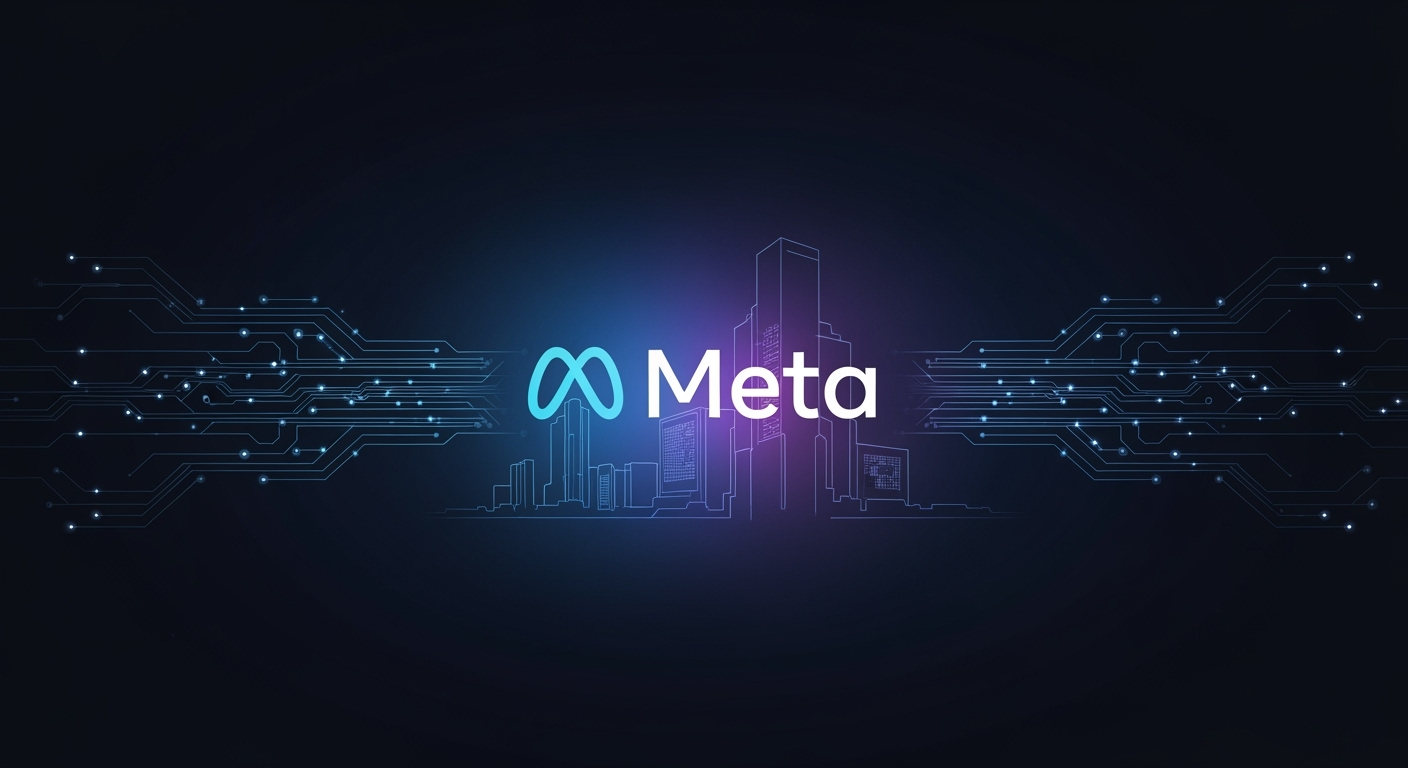Meta Unveils 5GW AI Data Center to Power Next-Gen AI Ambitions

Meta's Massive Hyperion AI Data Center Project: A New Era in AI Infrastructure
Meta is taking a significant leap in the AI race with its announcement of Hyperion, a new data center project designed to deliver an unprecedented five gigawatts (GW) of computational power. This initiative, revealed by CEO Mark Zuckerberg on Threads, aims to supply Meta’s latest AI research lab with the resources needed to develop and train advanced AI models.
Hyperion: Scaling Up for the Future of AI
The Hyperion data center is set to span an area comparable to most of Manhattan, highlighting the sheer scale of Meta’s ambitions. Zuckerberg also shared plans for a 1 GW super cluster named Prometheus, expected to go online in 2026, marking Meta as one of the first tech giants to operate at this scale.
- Hyperion: 5GW data center, launching soon
- Prometheus: 1GW super cluster, coming in 2026
These developments signal Meta’s intent to compete head-to-head with leaders like OpenAI, Google DeepMind, and Anthropic by providing the massive computational resources required for frontier AI development.
Attracting Top Talent and Industry Leadership
Meta has recently attracted high-profile AI experts, including Alexandr Wang (former Scale AI CEO) and Daniel Gross (ex-Safe Superintelligence CEO), to lead its Superintelligence Lab. By investing heavily in infrastructure, Meta aims to further attract world-class researchers and engineers who want to work with the largest AI models and most advanced computing clusters.
Environmental and Community Impact
The scale of these AI data centers is not without controversy. The energy and water needs are immense: together, Hyperion and Prometheus could consume enough electricity to power millions of homes. For example, a Meta data center in Newton County, Georgia, has already led to water shortages for some residents, raising concerns about the impact on local resources. Other hyperscalers, like CoreWeave, are also planning expansions that may strain power grids in Texas and beyond.
The AI Data Center Arms Race
Meta is not alone in this push. Other major projects include:
Tech companies are racing to scale up their AI infrastructure, competing for both technological leadership and top talent. The U.S. government has also shown strong support for this trend, emphasizing the need for expanded energy production to power these AI ambitions. Experts predict data centers could account for up to 20% of America’s total energy consumption by 2030, a sharp rise from 2.5% in 2022.
Looking Ahead
Meta’s Hyperion project marks a pivotal moment in the evolution of AI infrastructure. As demand for computational power grows, businesses and communities alike will need to balance the benefits of AI innovation with the realities of energy and resource consumption. For enterprises investing in AI, Meta’s moves set a new benchmark for what’s possible—and what’s at stake—in the race to build the future of intelligence.





